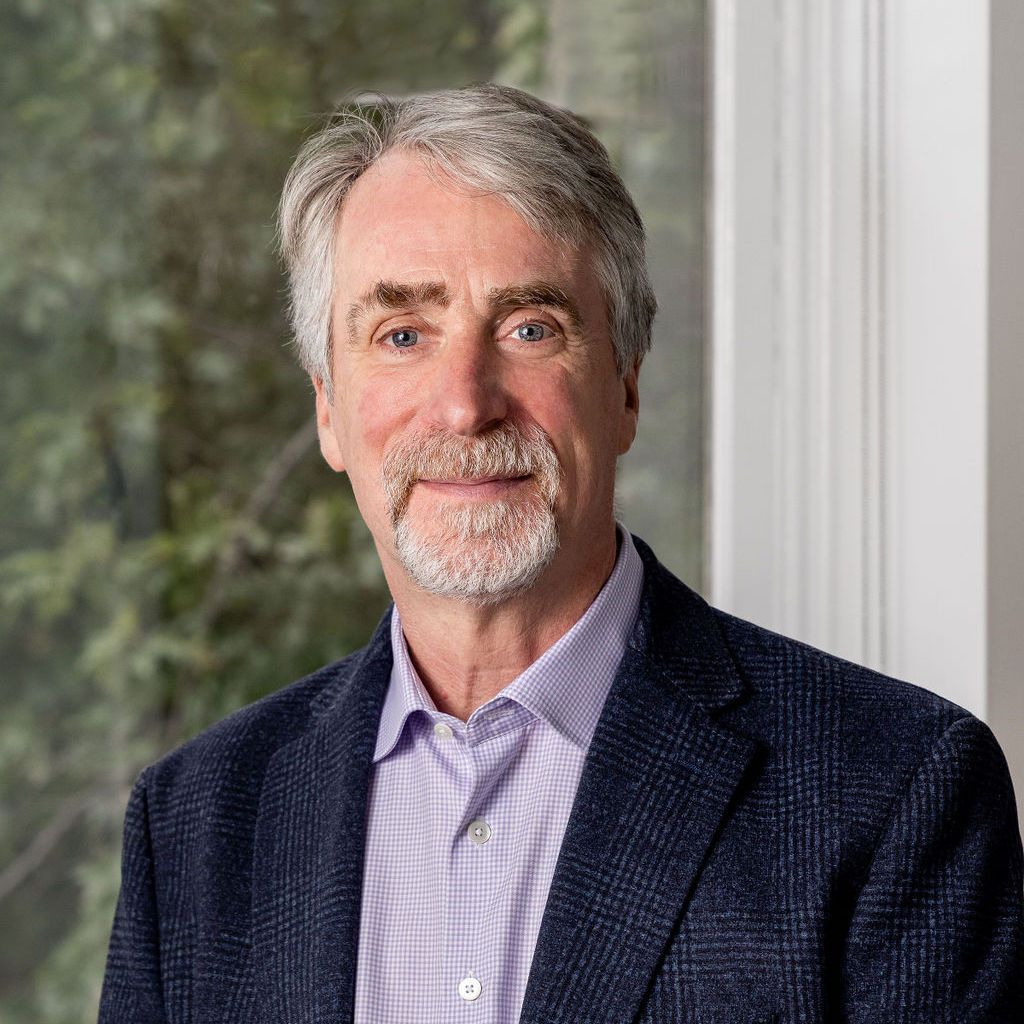Why The Kids Online Safety Act Is So Hard To Love
Stephen Balkam / Aug 7, 2024Stephen Balkam is Founder and CEO of the Family Online Safety Institute (FOSI), whose 30+ members are among the leading telecommunications, social media, cybersecurity, gaming and internet companies in the world.
What’s not to like?
A bill that addresses the harms our kids suffer on social media and demands the highest forms of safety and privacy in one act of Congress. Isn’t this what we’ve been crying out for? Doesn’t this take on the platforms and apps that have caused the mental health epidemic in the US and overseas? Won’t this solve what some have warned us has already overtaken an entire generation?
The Kids Online Safety Act, recently passed through the Senate, is the most significant legislation this century to address the potential risks and harms associated with social media. In the upper chamber, at least, it received overwhelming bi-partisan support and the President has enthusiastically offered to sign the bill. However, it is headed to an uncertain future in the House.
So why is this bill, which is now combined with a privacy bill and called the Kids Online Safety and Privacy Act (KOSPA) so problematic and challenging for many of us working in the online safety space?
Let’s begin with the evidence. Some have argued that social media is akin to cigarettes, an unreservedly unhealthy product for children. The ‘Big Tech is Big Tobacco’ refrain has been heard in Congressional committee hearings for over a decade. It’s a handy metaphor, but misleading in numerous ways. Unlike tobacco, social media is not a physical substance you ingest but a digital experience. While you can passively “consume” it, you can also actively participate. Teens all over the world have found vital information, created community, and, in some cases, hatched movements on social media platforms. Think Greta Thunberg or Malala Yousafzai.
Related: Read more perspectives on KOSA
While best-selling authors such as Jean Twenge and Jonathan Haidt use studies to show a causal link between teen social media use and a variety of bad mental health outcomes, many academic researchers beg to differ. Writing in the Atlantic, UC Irvine research psychologist Candice Odgers states, “We should not send the message to families—and to teens—that social-media use, which is common among adolescents and helpful in many cases, is inherently damaging, shameful, and harmful. It’s not.” Cambridge University psychologist Amy Orben stated in the Guardian, “But if we truly want to understand what makes adolescents feel the way they do, it will be a complex network of factors, of which social media will be one small part.”
These and other researchers see correlations between social media and, say, depression. But that’s not the same thing as finding a causal link. Kids who have suffered a trauma or are experiencing difficulty unrelated to digital life may seek solace from being online. An already anxious teen may well spend hours on social media, looking for ways to relieve their fearful feelings.
There are other forces at work here that make KOSPA problematic. Philosophically and technically, there is a tension between safety and privacy. The bill calls for both privacy and safety settings to be set to the max by default. The issue here is that to have the highest level of safety, parents and teens may have to provide much greater amounts of personally identifiable information (PII), thus defeating the effort to offer maximum privacy. Platforms cannot target safety measures or offer specific experiences to children and teens if they cannot identify the general age of a user.
Just to make matters more complex, we have the First Amendment in the United States, which protects online users' speech. The Supreme Court ruled in Tinker v. Des Moines in 1969 that students do not "shed their constitutional rights to freedom of speech or expression at the schoolhouse gate." And, according to the ACLU, this is true for other fundamental rights, such as the freedom to assemble (on or offline). KOSPA could well be challenged in court for failing to pass constitutional muster.
On the plus side, the bill would require online platforms to prevent certain harms to minors, including content related to bullying, sexual exploitation, drug promotion, and eating disorders. It would also allow kids to opt out of or limit content recommendations and have access to more reporting tools. But the concern is that the bill would incentivize platforms to over-moderate, removing content and information that would be helpful for queer youth or at-risk kids in unsupportive or isolated households. And the power to decide what is “harmful to minors” would reside with the FTC, which under, say, a Trump Administration, might well be tempted to decide that content discussing sexual orientation or questioning one’s religion is “harmful.”
Yet another layer of this debate is the dichotomy between parental and kids’ rights. In the US, and particularly in red states, there is a groundswell movement towards broadening and enhancing parents’ rights. These include legislative attempts at the state level to give parents the right to determine what their children (up to the age of 18) are allowed to see, hear, and do online. We see this in how states are codifying into law the use of “parental controls” for parents to have the utmost sovereignty over their child’s online life.
Approaching it from the opposite direction is the idea, promoted in Europe, that children, too, have rights. This includes having some rights of privacy - even from their parents - as well as the right to seek out content and express themselves in a way their parents or teachers might not approve of. Obviously, a 7-year-old has little to no rights to privacy, but a 17-year-old should be afforded much greater freedoms than many of the proposed laws would allow.
All of this is to say that it’s complicated and made more so by the woeful lack of a federal privacy law for all users to which bills like KOSPA could be attached. We are also far behind most industrialized countries in conducting national research projects upon which to draft online safety legislation and education efforts. Finally, there is no clear focal point in the US government for all of these issues to reside. The administration did set up an interagency Kids Online Health and Safety Task Force that recently produced a comprehensive report, but this issue requires a continual effort that is consolidated into a dedicated office in the White House. As far back as 2008, we proposed to the Obama transition team that there should be a Chief Online Safety Officer to coordinate the Administration's efforts to keep kids safe online.
While we have huge sympathy for the many good people both on Capitol Hill and in advocacy groups around the country that have brought KOSPA to the cusp of becoming law, we at the Family Online Safety Institute still have some fundamental questions and concerns about the unintended consequences this law would bring. Protecting and empowering our kids online is vital. It's essential that we gather scientifically-based evidence, pass a federal privacy bill, and then fit KOSPA and similar bills to the facts and a broader privacy framework.
Authors

